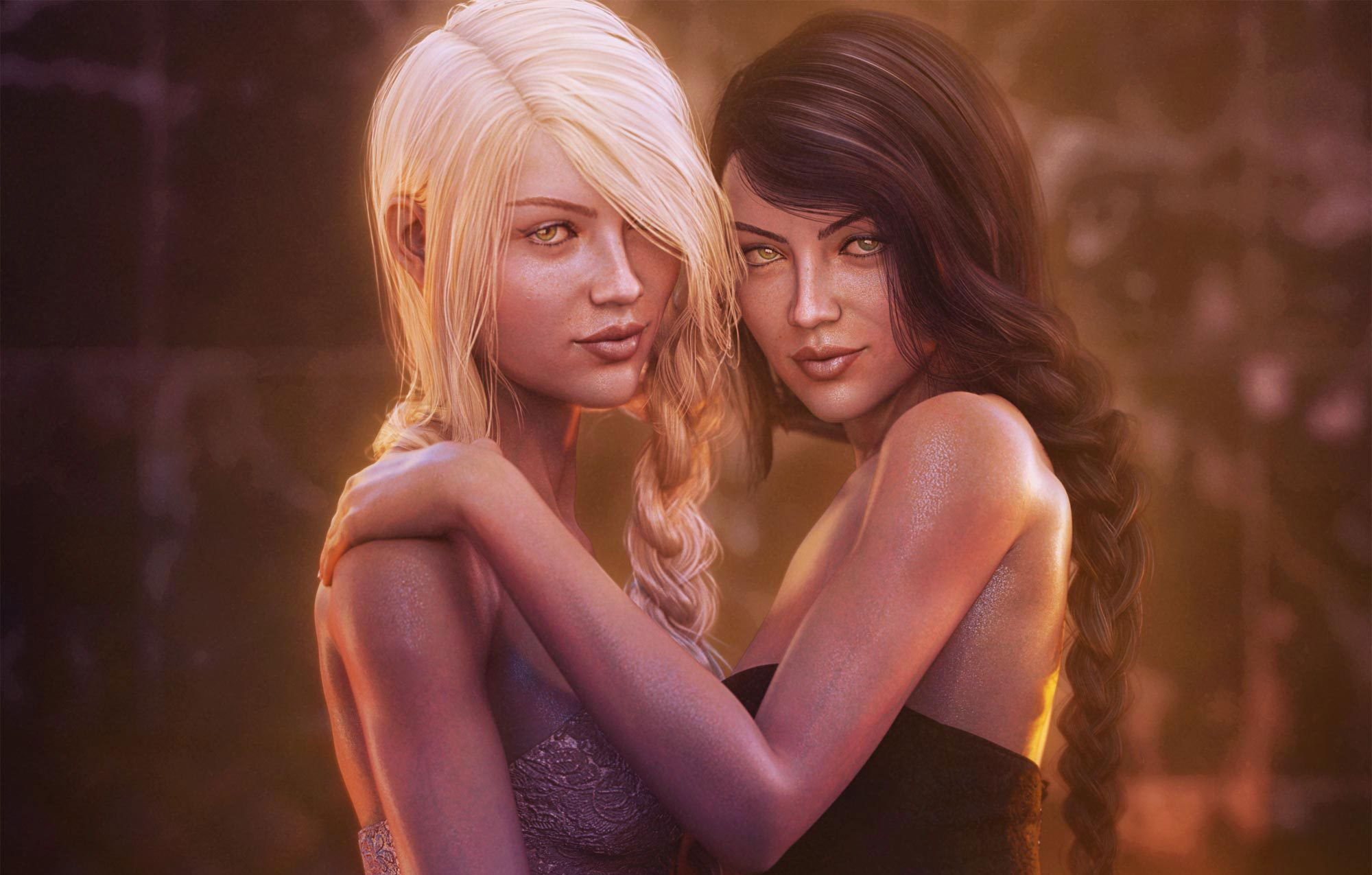LitRPG and GameLit are two rapidly developing sub-genres of Science Fiction and Fantasy that are quickly becoming some of the most popular new genres of speculative fiction. LitRPG, which stands for “Literature Role Playing Game,” refers to stories that take place in a role-playing game (RPG). GameLit is an extension of this, referring to stories that take place in a video game (RPG or otherwise). These genres have clear roots in gaming culture, which defines their personality and readership.
LitRPG began in Korea as a successful fanfic experiment, initially seen as Cyberpunk stories that talked about gamers caught in the VR world of a video game. Later, a couple of Russian authors detected a niche and began exploring this new genre by releasing books in their home country, such as “AlterWorld: Play to Live” by D. Rus and “Survival Quest (The Way of the Shaman)” by Vasily Mahanenko.
These writers did well, and Russian Science Fiction author Andrei Livadny took notice. He wrote the “Phantom Server” series, which became a bestseller, giving LitRPG some respectability as a real sub-genre of Science Fiction. With the popularity of the books, English translations soon followed and were well-received. Soon enough, American authors began writing their own LitRPG stories.
A key element of these genres is that a virtual reality game world plays a major role in the book. Not surprisingly, stories that feature gamers caught in the games they love hit a nerve among a sizable chunk of readers.
As emerging genres, finding good LitRPG and GameLit books can be tricky. While the majority of the best LitRPGs are by Russian writers, their translations may have some dialect peculiarities that could hinder your flow. On the other hand, English books are mostly written by indie authors, which can be a hit-or-miss situation. Despite this, a couple of the best books have floated to the surface, and analysis of the genre is important to find the best reads.
It’s worth noting that a significant portion of these genres is transparently written as wish fulfillment by socially awkward gamers addicted to their favorite video game and/or have trouble solidifying relations with the opposite sex (which made way for the GameLit Erotica genre — one of the few Erotica sub-genres popular with heterosexual males — but that’s a story for another time).
In a future post, we will provide analysis on which LitRPG and GameLit books deserve your time.





